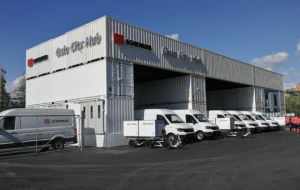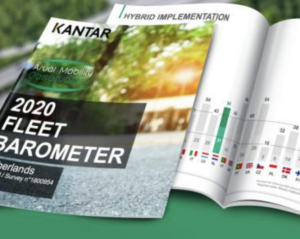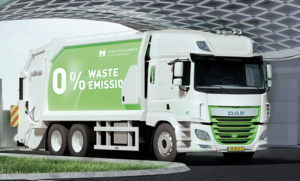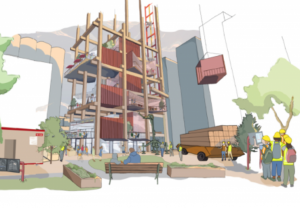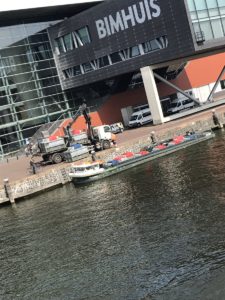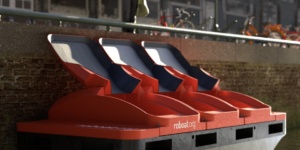Research: exploring benefits of cargo bikes versus trucks for urban parcel deliveries
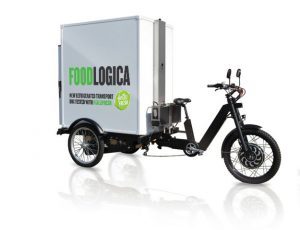
Urban deliveries are traditionally carried out with vans or trucks. These vehicles tend to face parking difficulties in dense urban areas, leading to traffic congestion. Smaller and nimbler vehicles by design, such as cargo-cycles, struggle to compete in distance range and carrying capacity. However, a system of cargo-cycles complemented with strategically located cargo-storing hubs can …

